
Pathway Learning Blog
Access our growing library of hundreds of blog posts covering topics relevant to church leaders. Preview and read these blog posts now.
SEARCH THE BLOG
Looking for something in particular? Search our hundreds of blog posts on topics of interest to church leaders.
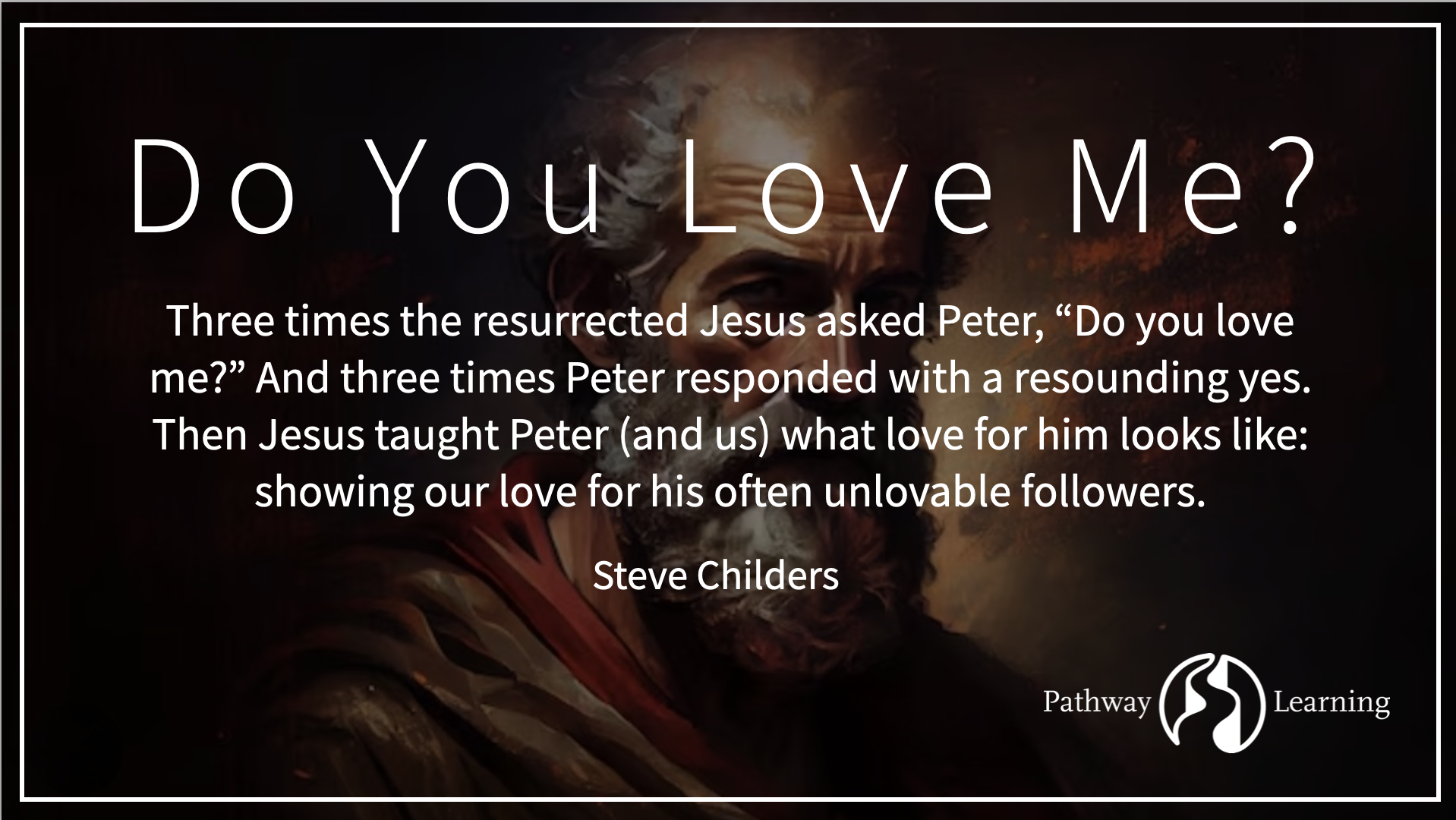
The Main Thing: Priorities, Lesson 6
Do you love me? Learn the life-changing lesson Jesus taught Peter after he answered yes to this question. Learn how to make the main thing the main thing in lesson 6 in the Priorities Series by Steve Childers.
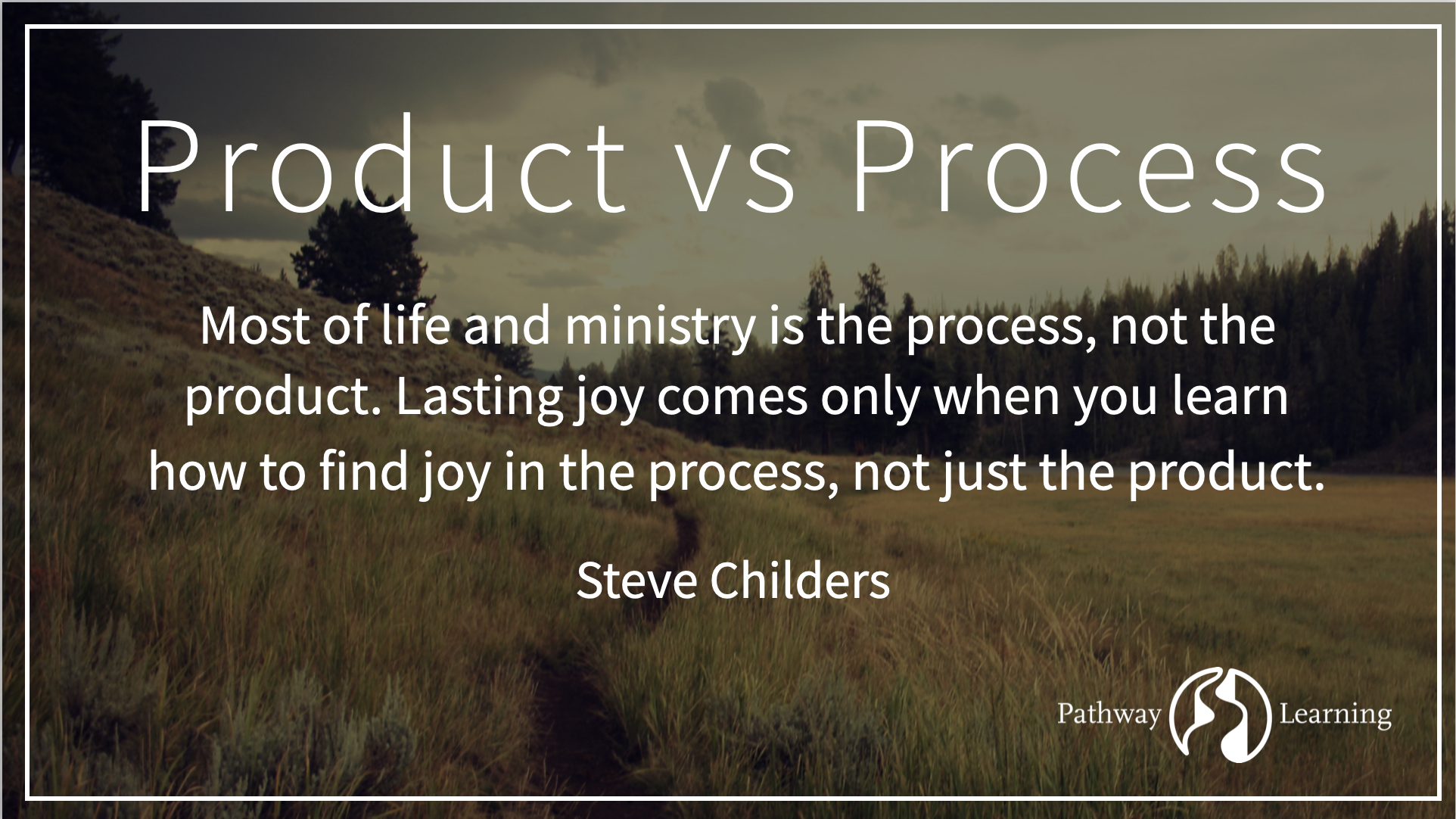
Product vs. Process Living: Priorities, Lesson 5
Discover how lasting joy in life and ministry comes when you learn how to find joy in the process, not just the product. Learn how to apply Elizabeth Elliott's challenge, "Don't let your living for tomorrow slay your living for today." in this series by Steve Childers.

Pursuing the Kingdom vs. the King: Priorities, Lesson 4
WARNING: You can pursue the Kingdom and not the King! Join us as we explore the profound difference between serving God as a faithful servant and a beloved child–in Lesson 4 of the Priorities Series by Steve Childers.

Goals vs. Desires: Priorities, Lesson 3
Feeling overwhelmed in ministry? Discover the freedom and peace that comes by applying Jesus’ teaching on anxiety in the Sermon on the Mount. Learn how to work toward your goals and pray for your desires in this series by Steve Childers.

Your Time vs. Your Priorities: Priorities, Lesson 2
Break free from the frantic pace of life and ministry by learning how to prioritize what truly matters. Discover how to break free from the tyranny of the urgent in this new series by Steve Childers.
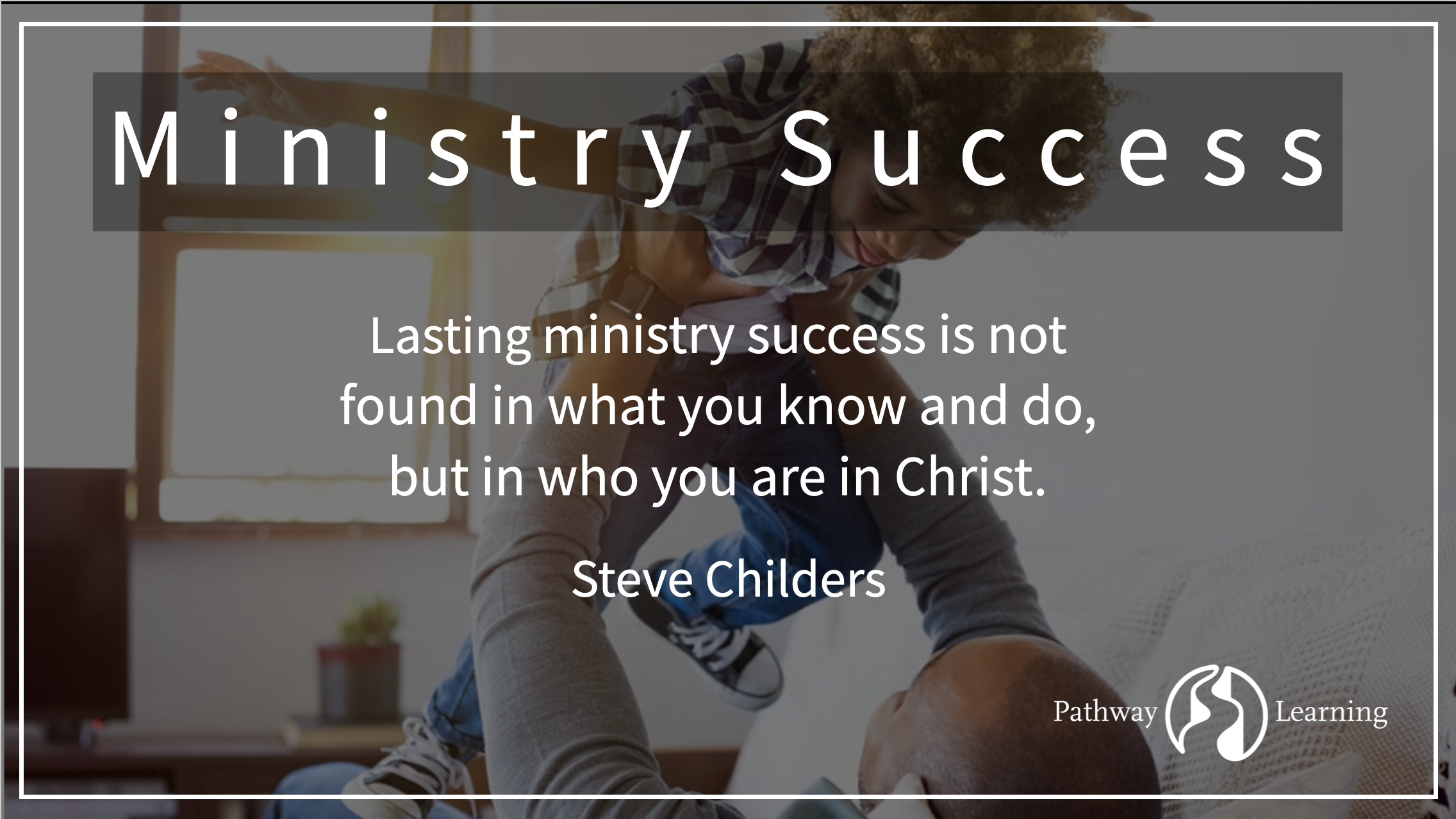
Ministry Success: Priorities, Lesson 1
Learn how true success is not found in what you do for Christ, but who you are in him. Discover the secret to fulfilling ministry by redefining success in the first lesson in this new series by Steve Childers.

The Ministry of Mercy (Mercy, Part 1)
Biblical mercy is much broader than mere physical acts of charity or development for the materially poor. Mercy seeks to alleviate not only suffering from physical brokenness, but also all forms of spiritual, mental, emotional, and relational brokenness because of sin. In this part, you'll learn how to explain why the church is the most effective mercy ministry under heaven.

The Marks of Mercy (Mercy, Part 2)
Biblical mercy is much broader than mere physical acts of charity or development for the materially poor. Mercy seeks to alleviate not only suffering from physical brokenness, but also all forms of spiritual, mental, emotional, and relational brokenness because of sin. In this part, you'll learn how to recognize how mercy ministry reflects the mercy God shows us in Christ.

The Vision for Mercy (Mercy, Part 3)
iblical mercy is much broader than mere physical acts of charity or development for the materially poor. Mercy seeks to alleviate not only suffering from physical brokenness, but also all forms of spiritual, mental, emotional, and relational brokenness because of sin. In this part, you'll learn how to teach how church mercy ministry is a sign and instrument of God's kingdom.
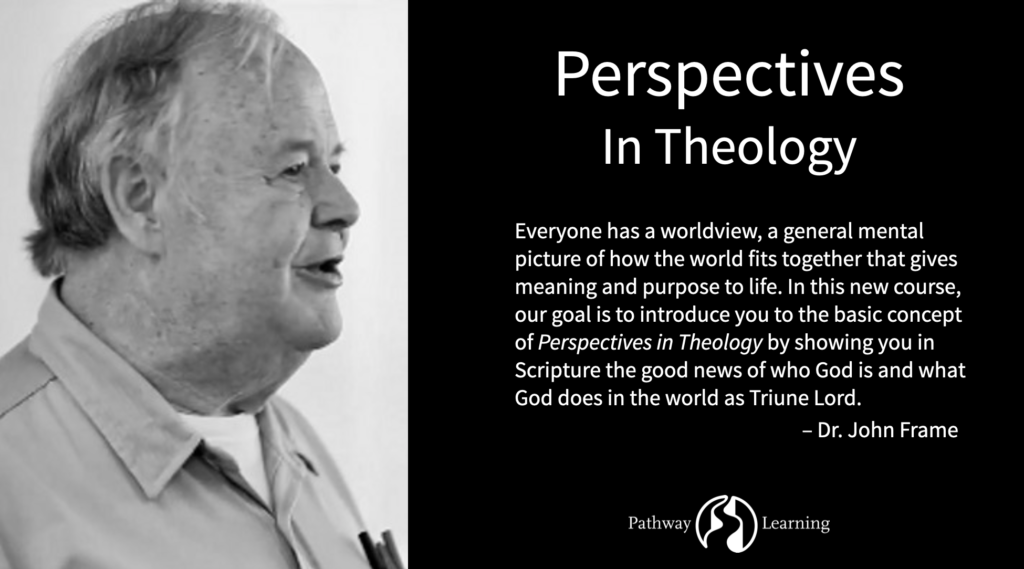
The Revelation of God (Perspectives in Theology, Part 1)
The revelation of God’s Triune Lordship in the gospel is not just a set of theological beliefs. It’s also a way of seeing God and all things that gives meaning and purpose to life. It’s a biblical worldview through which we are meant to understand everything that happens so we will know, love, serve, and worship God as Triune Lord in all areas of life.

The Revelation of God's Attributes (Perspectives in Theology, Part 2)
Deepen your knowledge of God by examining analogies he’s given us about himself. Then, take a closer look at God’s knowledge (omniscience), power (omnipotence), and presence (omnipresence).
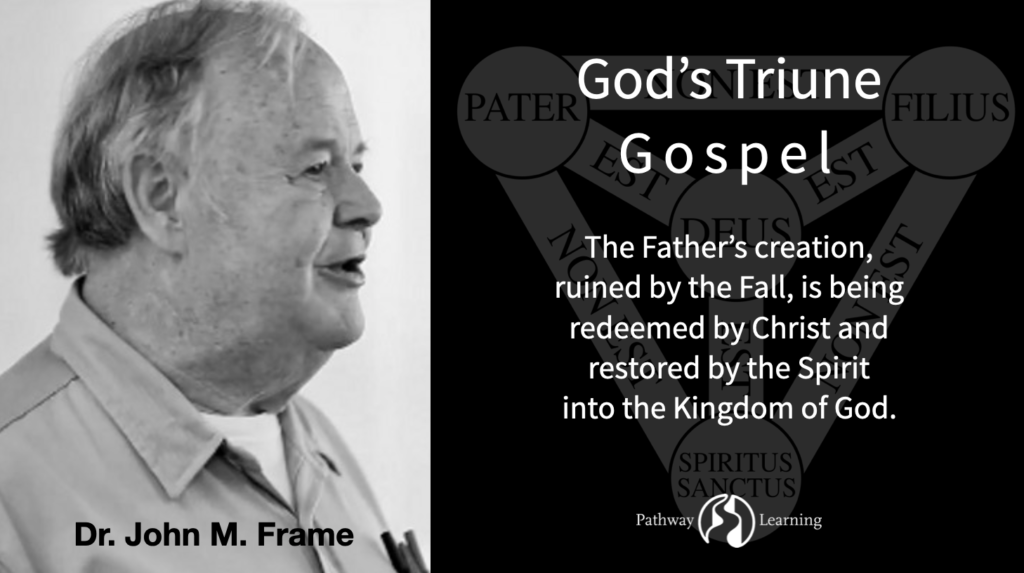
God’s Triune Nature and Work (Perspectives in Theology, Part 3)
Learn how God reveals who he is and what he does as Triune Lord in the creation and redemption of all things.
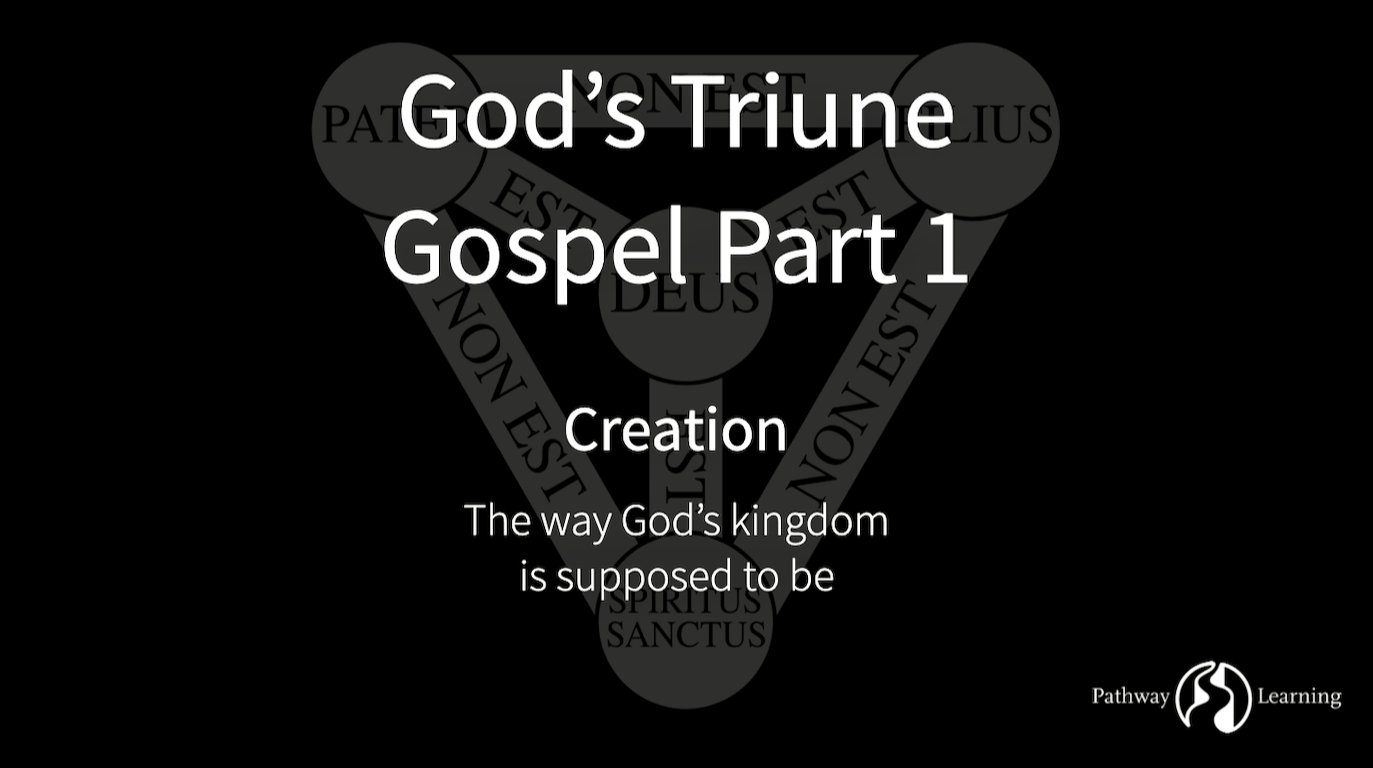
God’s Creation and the Fall (Perspectives in Theology, Part 4)
Recognize how God created the world to be his kingdom on earth, and understand how the Father’s kingdom on earth was overthrown. Learn how God’s good creation of the world and humanity did not lose its original God-ordained order, structure, and laws.

God’s Redemption and Restoration (Perspectives in Theology, Part 5)
Learn how God’s kingdom has already come on the earth, and understand the way God’s Kingdom will one day be on earth.
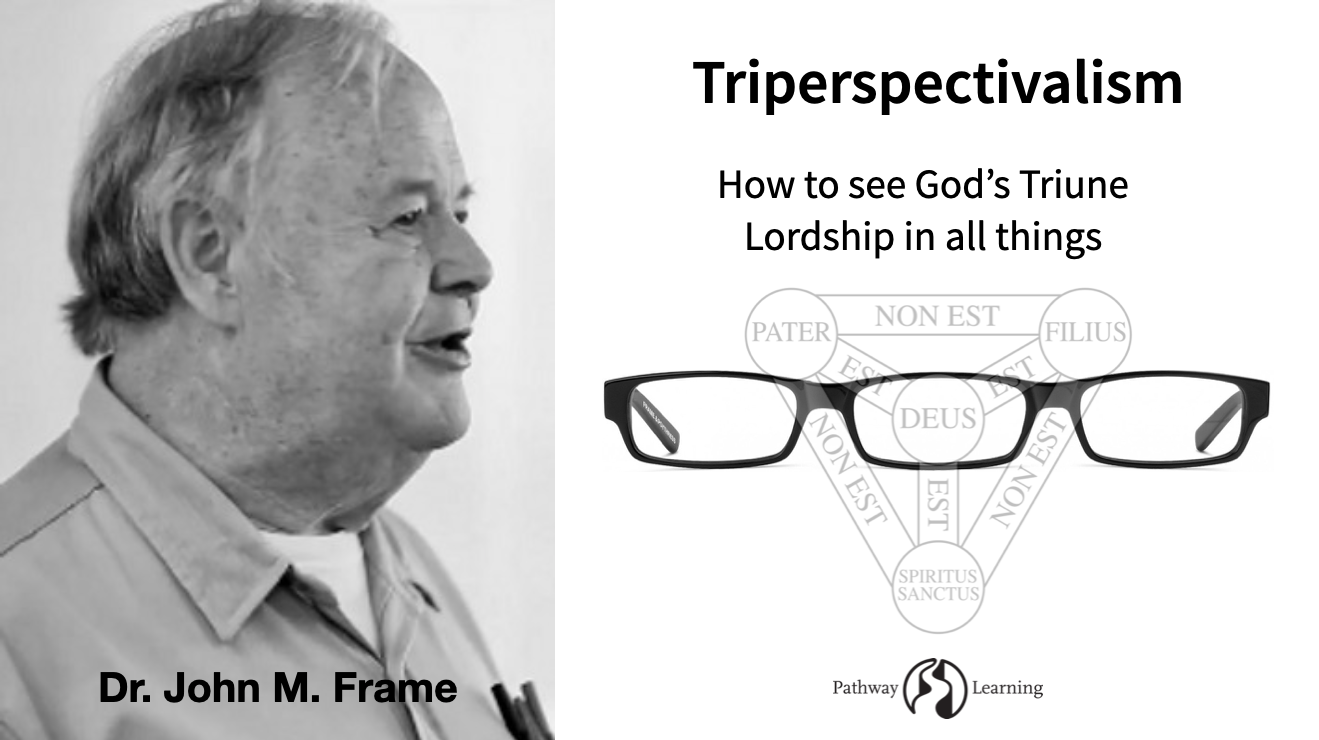
God’s Triune Lordship in All Things (Perspectives in Theology, Part 6)
The Bible’s revelation of God’s Triune Lordship in the gospel is not just a set of theological beliefs. It’s also a way of seeing God and all things, a biblical worldview, that helps you know and worship God as Triune Lord in all areas of your life. Learn how to see the person and work of the Triune God in everything so you will know, love, serve, and worship God as Triune Lord in all areas of your life.
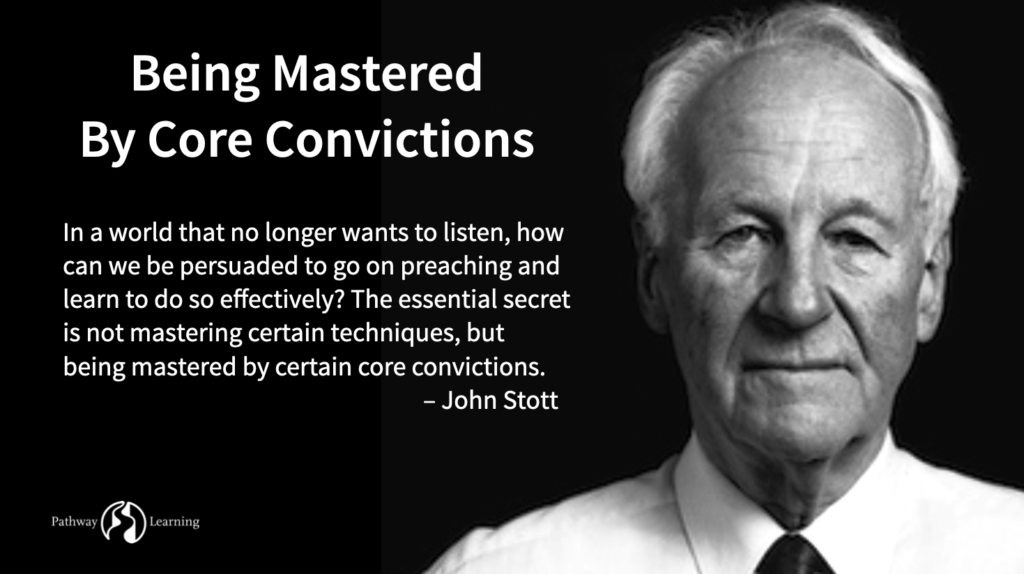
Core Convictions (Preaching, Part 1)
In a world that no longer wants to listen, the essential secret is not mastering certain preaching techniques, but being mastered by certain core convictions. Understand the necessary core convictions in preaching.
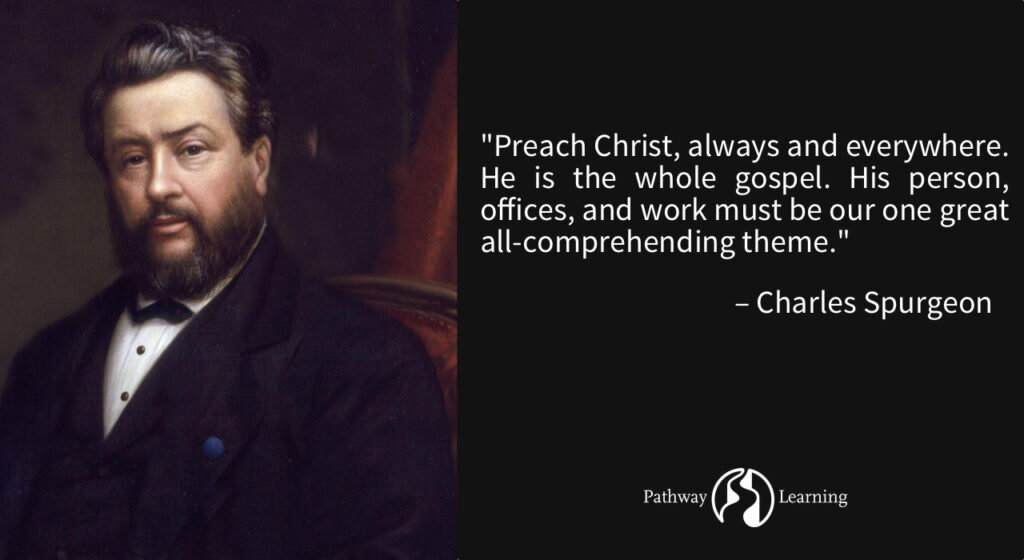
The Music and The Dance (Preaching, Part 2)
A core conviction in preaching is the need to communicate both: 1) the music of God’s radical love in Christ, and 2) the call to dance to that music, i.e. God’s radical call to gospel obedience.
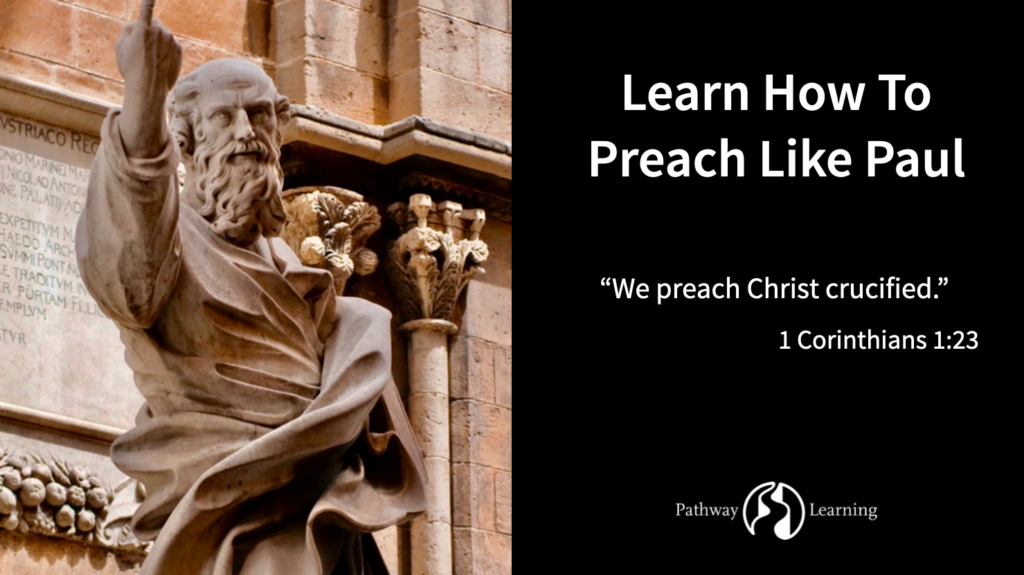
A Walk Through Ephesians (Preaching, Part 3)
The Apostle Paul’s letter to the Ephesians displays a pattern for Gospel-centered preaching that includes both indicatives and imperatives. In Ephesians, the Apostle Paul demonstrates a model for Gospel-centered preaching that includes both indicatives (chapters 1-3: who we are in Christ) and imperatives (chapters 4-6: what we do for Christ).
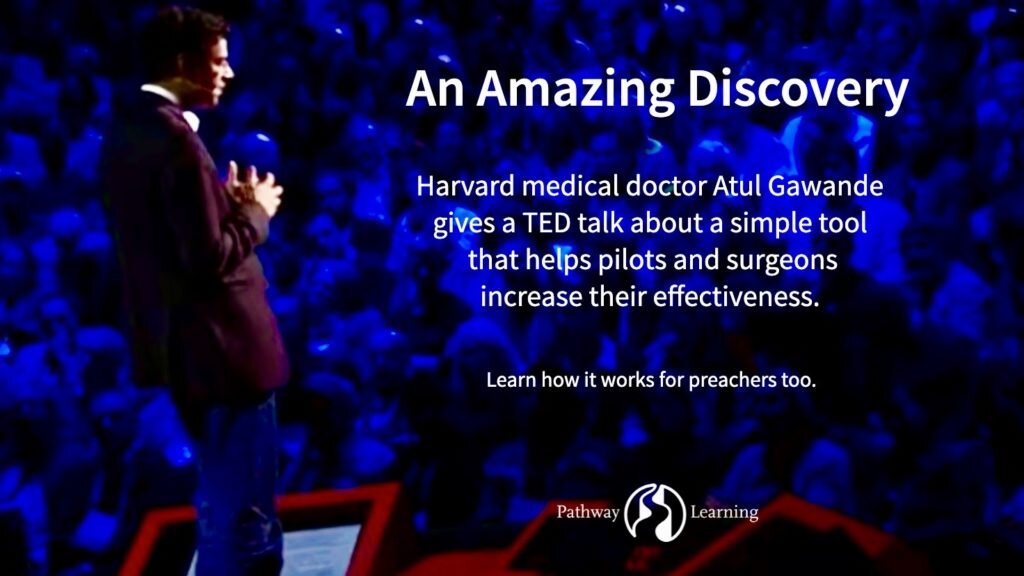
Preaching Methods: Part 1 (Preaching, Part 4)
Harvard medical doctor, Atul Gawande, made an amazing discovery of a simple, practical tool that is proven to help pilots and surgeons be more effective. Learn how this tool can help preachers too.
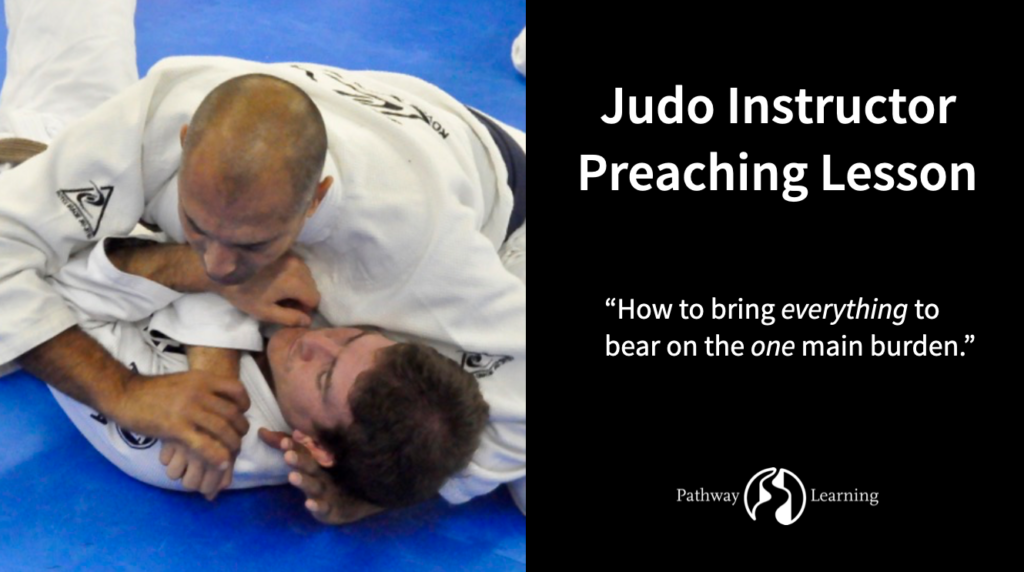
Preaching Methods: Part 2 (Preaching, Part 5)
One of the key ways to have more effective, Christ-centered messages is learning how to find and focus everything on the bible passage’s one unifying idea and answering four key questions.
